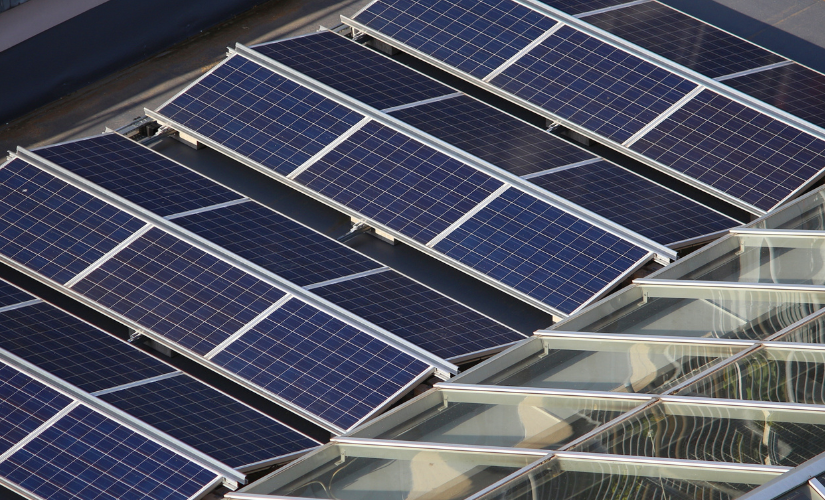back
Examining the environmental impact of NNN financing deals
01-2023

Businesses and investors must consider the environmental impact of their decisions given the unprecedented environmental crisis the world is currently experiencing. NNN (triple net) financing deals, which are utilized to fund the development and management of commercial real estate properties, are one area that has not received much attention in this regard. We’ll examine how NNN financing deals affect the environment in this blog post and consider how to make them more sustainable.
Because they offer a steady income stream without requiring the investor to pay for property management, NNN financing agreements are popular among real estate investors. In a NNN financing arrangement, a tenant, such as a restaurant or retail store, rents a commercial property and is in charge of paying the real estate taxes, insurance, and upkeep expenses. This is different from a gross lease, where the landlord is in charge of these expenses.
One of the main environmental issues with NNN financing agreements is that they may encourage landlords to construct and run less energy-efficient buildings. There may be less incentive for landlords to spend money on energy-efficient heating or lighting systems if they are not responsible for paying the property’s utility bills. Similar to this, landlords who do not have to maintain the property might be less likely to make investments in water-saving equipment or sustainable landscaping. Additionally, because some NNN properties, such as gas stations, are in operation around-the-clock, there is a greater environmental impact due to high energy use, pollution, the use of hazardous chemicals and materials, and waste production.
It is important to keep in mind though that NNN financing arrangements don’t necessarily have to be bad for the environment. In order to make NNN properties more sustainable, landlords and tenants can cooperate. One strategy is to include clauses in NNN lease agreements that demand tenants take actions to raise the property’s energy efficiency. For instance, the lease agreement might stipulate that tenants install water- and energy-saving devices or lighting and heating systems. This would guarantee that the building is running as efficiently as possible and assist in lowering the tenant’s utility costs.
Another strategy is to stipulate in the lease agreement that tenants must adopt sustainable practices. For instance, tenants might be mandated to recycle waste or use eco-friendly cleaning supplies. By doing so, the property’s environmental impact would be reduced, and the tenants’ adoption of sustainable behaviors would be encouraged.
The building can also be planned and constructed with energy-saving features like solar panels, green roofs, and high-performance insulation. In the long run, this can help save money on energy costs and lessen the impact on the environment. The widely accepted LEED certification for sustainable building design and construction is another option some landlords are choosing to pursue for their rental properties.
Finally, landlords, investors, and tenants can collaborate to assess and monitor their environmental performance. They can identify areas that need improvement and take appropriate action to make their properties more sustainable by having data on energy consumption, waste generation, and water usage. Due to this, NNN properties will also be more appealing to investors and tenants who are willing to pay a premium for sustainability.
The environment may be significantly impacted by NNN financing agreements, to sum up. Landlords and tenants can cooperate to reduce that impact by developing and running commercial properties in a more sustainable manner. NNN properties can be made more appealing to environmentally conscious tenants and investors by incorporating sustainable language into the lease agreements, putting in place energy-efficient features, and measuring and tracking environmental performance. This has an environmental benefit as well as long-term financial gains for the stakeholders.
In order to lessen the negative effects on the environment and contribute to a more sustainable future for all parties, sustainability must be given top priority by all parties involved in NNN financing deals. Additionally, by putting regulations and policies into place that support energy-saving and environmentally friendly practices, governments can play a significant role in promoting sustainability in the commercial real estate sector. As more businesses and people become environmentally aware, it makes sense to incorporate sustainable practices into NNN financing deals to not only lessen the negative effects on the environment but also to create a win-win situation for all parties involved by lowering costs, increasing efficiency and luring environmentally aware tenants and investors.

